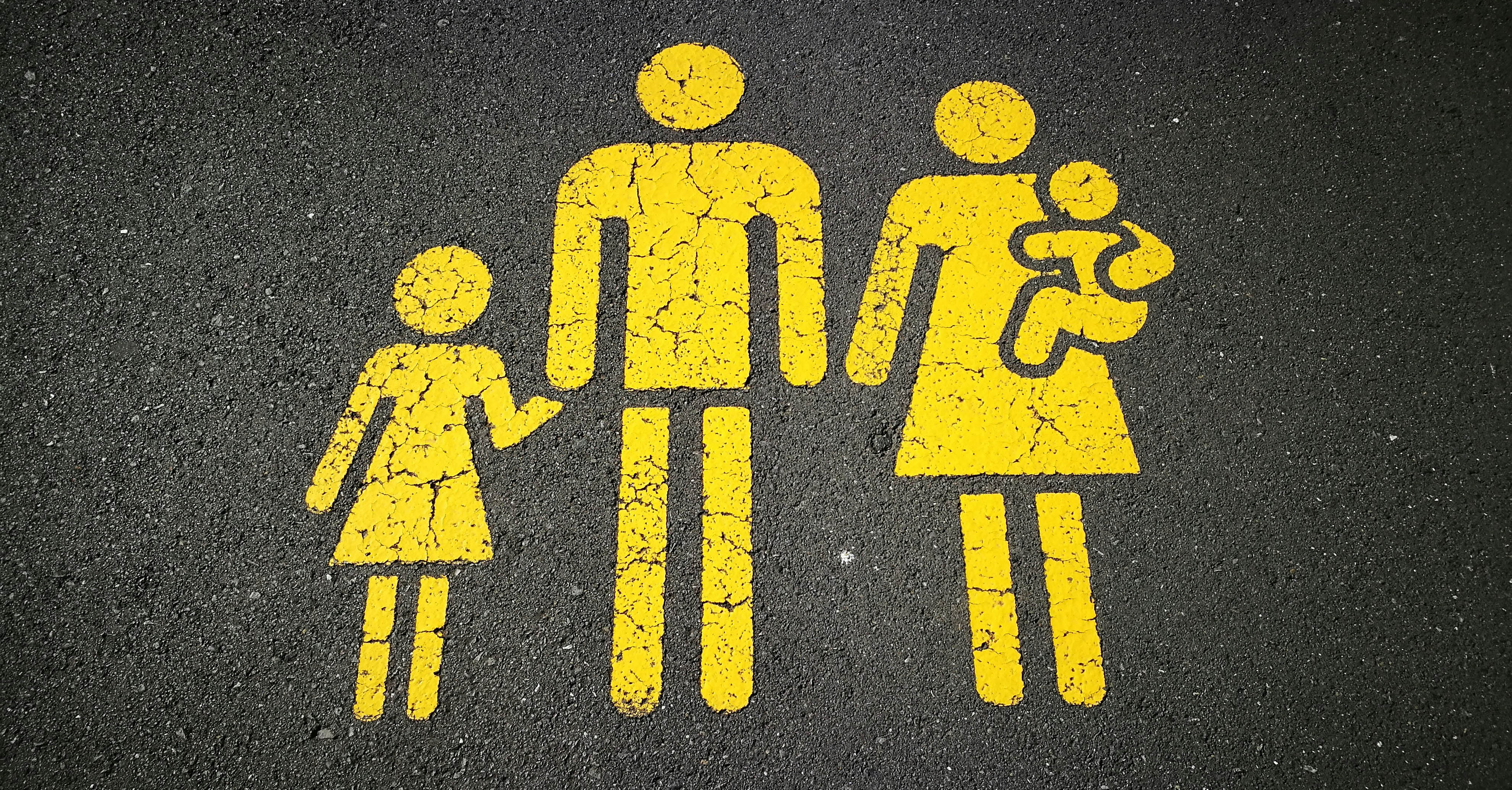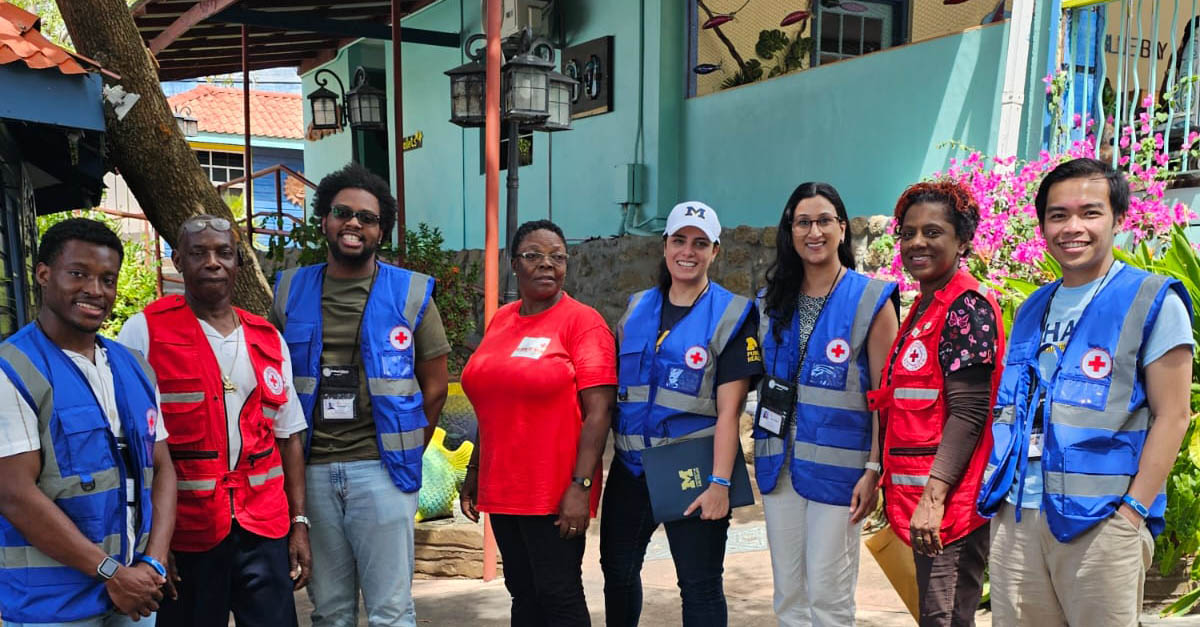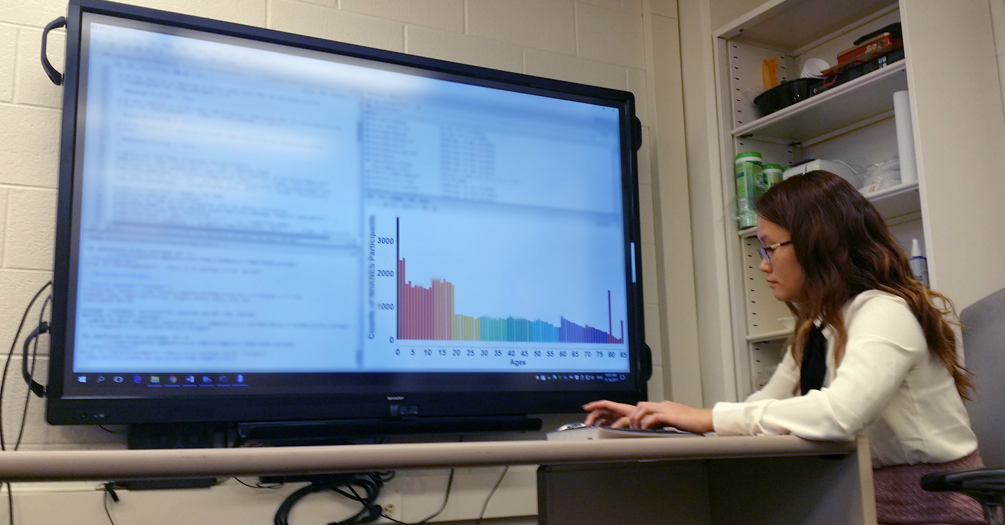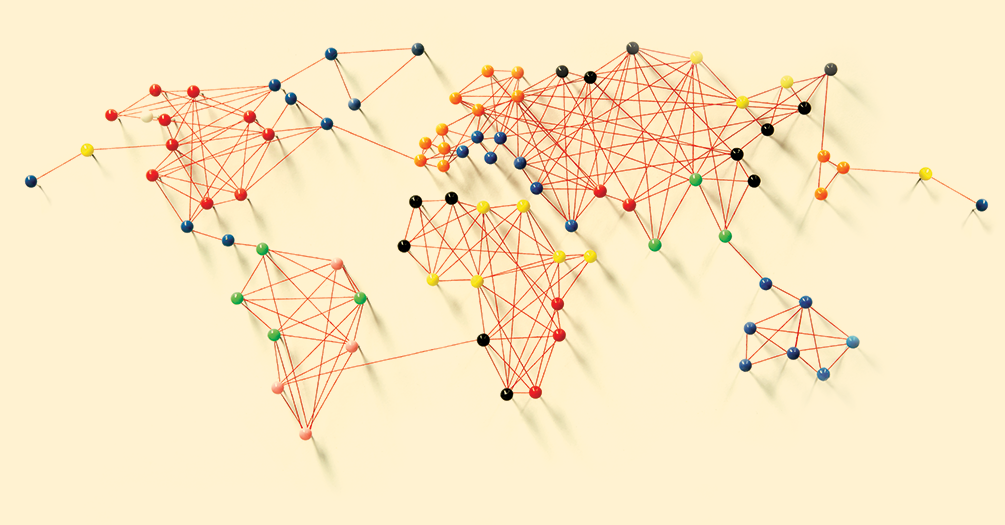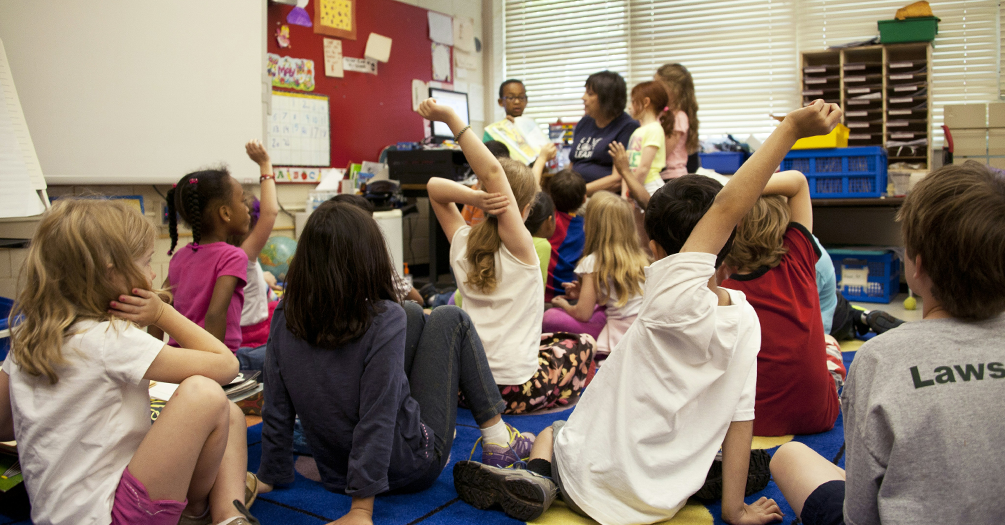
Expanding public health messaging for firearm safety: A path forward
Ellie Falahee, Medical student at Michigan Medicine
Firearm injuries are a leading cause of death among U.S. children, driving University of Michigan researchers to explore strategies like emergency department screenings and community campaigns.


